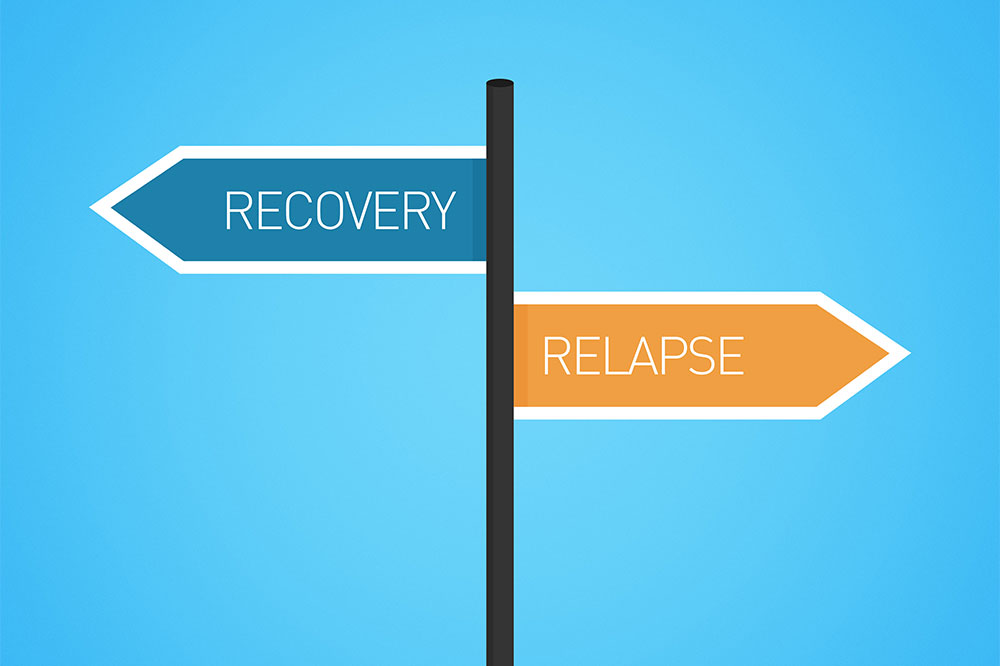Essential Insights into Outpatient Recovery Centers
Explore key factors in choosing outpatient rehabilitation centers, including flexibility, affordability, and support services. Understand the benefits and types of outpatient programs, from intensive therapies to daily support groups. This guide helps individuals select suitable treatment options to facilitate lasting recovery while balancing daily responsibilities.

Essential Insights into Outpatient Recovery Centers
Selecting the right rehabilitation facility is crucial for individuals seeking to overcome addiction. The decision-making process involves evaluating factors like proximity, cost, support systems, and scheduling flexibility. Severe substance dependencies are typically addressed through inpatient programs that provide comprehensive detox and withdrawal management. Those with milder cases often find outpatient centers suitable, offering effective treatment with fewer restrictions. Outpatient programs allow motivated individuals to participate in therapy sessions that fit their busy schedules, enhancing the chances of successful recovery while maintaining their daily routines.
Committed individuals often succeed in overcoming addiction through outpatient programs that support their determination. These centers offer flexible scheduling, with day and evening sessions catering to those balancing work or family commitments. Outpatient rehab emphasizes education, counseling, group activities, and social support, which are critical for lasting recovery. Typically lasting around 6 months, these programs are cost-effective, less restrictive, and allow patients to stay connected with loved ones. Initial assessments ensure personalized treatment, making outpatient rehab a safe, effective, and accessible option.
Most outpatient facilities provide flexible attendance for therapies, including morning and evening sessions. Patients undergo medical evaluations upon enrollment, and in some cases, medication-assisted treatment may be administered to manage withdrawal symptoms like anxiety or depression. Social support and community-based programs aid recovery beyond clinical treatment. Outpatient care supports ongoing participation in daily life, allowing patients to work and maintain relationships. Benefits include affordability, greater family access, and less disruption to daily routines. Various outpatient models include continuing support groups, intensive outpatient programs, and day programs to meet diverse needs.
Personalized Continuing Support
Support groups such as Alcoholics Anonymous and Narcotics Anonymous provide ongoing assistance, accountability, and community involvement to bolster recovery efforts.
Structured Intensive Outpatient Programs
Designed with clear milestones, these programs gradually reduce session frequency as patients progress, making them suitable for those unable to take extended leave from daily responsibilities. They include group therapy, relapse prevention, and individual counseling.
Daily Engagement Programs
These structured day programs typically require attendance 5-7 days a week, offering therapies, group activities, and personal counseling to reinforce recovery. While highly effective, they demand significant commitment and may temporarily interfere with daily routines.










